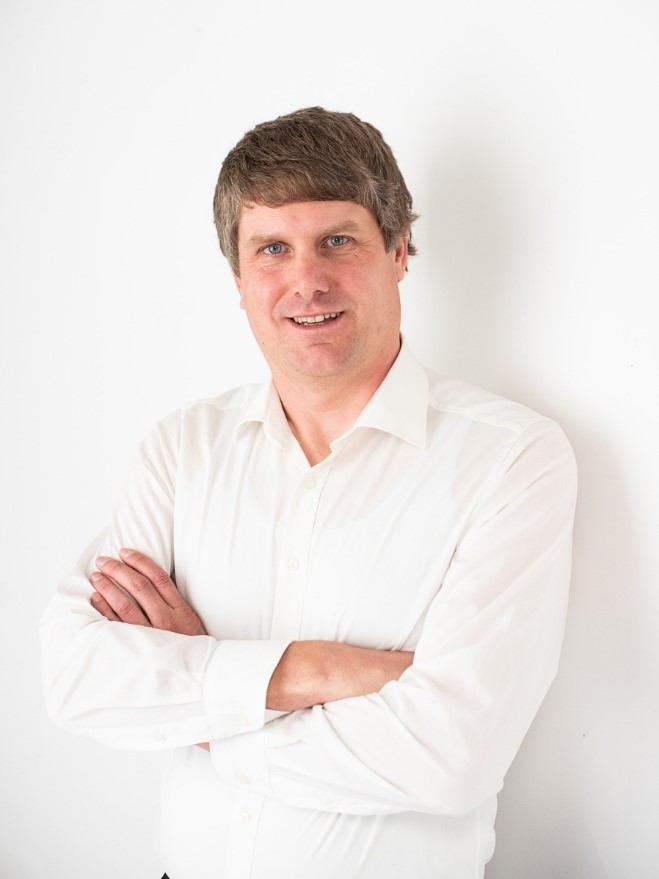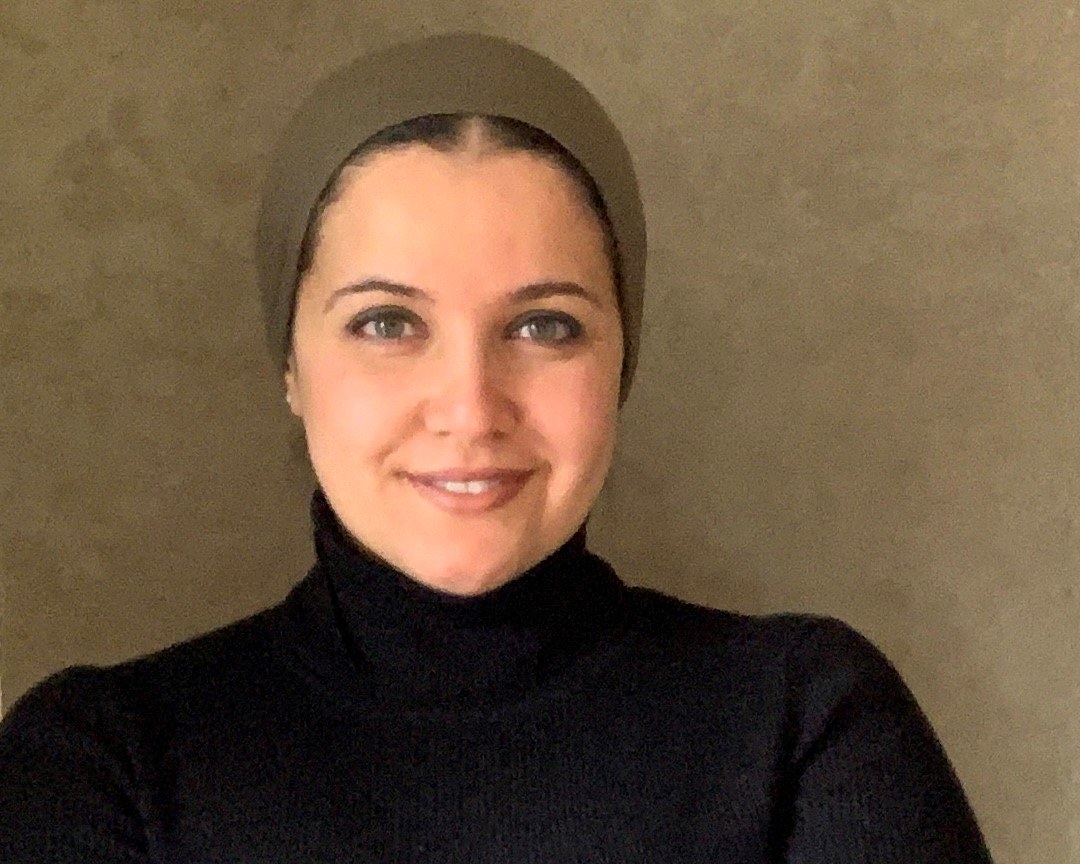


The research association "Northwest Lower Saxony Sustainable New - Transformation and Structural Change in the Rural Areas of Northwest Germany. Under the motto "Reallabore in Marsch, Moor, Geest und Mee(h)r" (real laboratories in marsh, moor, geest and sea), a university network will set out over the next four years with the participation of various scientific disciplines to find solutions to problems that have arisen as a result of various focal uses. For example, the South Oldenburg area is struggling with capacity limits that arise for highly productive intensive agriculture with market-driven expansion potential. In the coastal area of the East Frisian Islands, successful tourism development exacerbates the conflict between further growth and livelihood opportunities for the local population. While the industrialized area around Emden is struggling with problems of structural change, rural areas with fewer transport links seem demographically isolated and depleted in terms of infrastructure.
As part of the research project "ofVerte LeitStand", a control system for electricity distribution grids with a high proportion of renewable energies is to be developed and set up. Standard industrial components will be used for this purpose. The system is to be designed and built in such a way that it can be used universally and in a future-proof manner with regard to the functions required for a future distribution grid control system. Since the energy supply is a critical infrastructure, special focus is placed on the use of technologies already established in other areas.
Digitization is a global megatrend that enables new functions and processes across industries and networks. In the safety-critical energy system, digitization is creating new interactions and sensitive interdependencies that on the one hand promise more efficient and sustainable operation, but on the other hand are largely unexplored in terms of their technical challenges and stability on a systemic and large scale. To research this topic, the Center for Digital Innovations Lower Saxony (ZDIN) therefore established the Future Lab "Digitization Energy" (ZLE). The goal of the ZLE is to investigate interactions in highly integrated quarter ICT and energy systems and to develop a platform for networking researchers and users to support the transfer of these and, prospectively, other research results. This results in the following two project pillars for the processing area of digitalized energy systems: I: The research and development of digitized energy systems II: The digitization of energy system research and development The elenia deals with the identification and modeling of PV, PV storage and electric mobility scenarios in the quarter scenario. A special focus is on the simultaneous multiple use of storage and the integration of smart home simulations in co-simulations to complement the purely software-based simulations with hardware components available in the elenia-energy-labs. In this context, requirement specifications for smart metering systems are also being developed, which are of particular relevance with regard to the integration of quarter ICT and energy systems in the future energy supply of Lower Saxony.